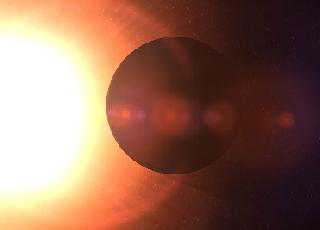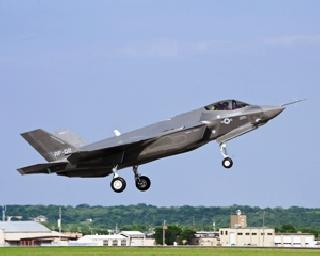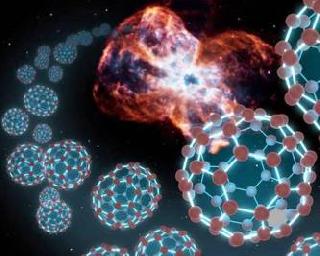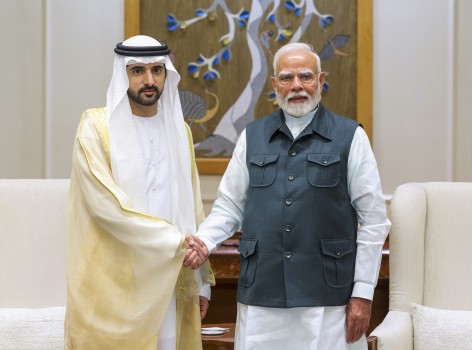
FARNBOROUGH (BNS): Russian NPO Lavochkin (also called Lavochkin Research and Production Association) is planning to send an interplanetary research mission to Mercury in 4-5 years, Maxim Martynov, Lavochkin's deputy general designer, said at the Farnborough International Air Show 2010.
According to a news report by RIA Novosti, the mission will consist of a flight to Mercury and a landing on its surface.
"NPO is currently engaged in a pre-design mission. We assume that the device will be a modified Phobos-Grunt satellite," Maxim Martynov was quoted as saying in the news report.
He added that similar missions are planned for Venus and the Moon.
Mercury is the innermost and smallest planet in the solar system, orbiting the Sun once every 88 days.
NPO Lavochkin is a Russian aerospace company. The company develops and manufactures spacecraft such as the Fregat and Ikar rocket upper stages, satellites and interplanetary probes.
NPO Lavochkin's most notable project at the moment is the Phobos Grunt sample return mission to Phobos, one of the moons of Mars.
Phobos-Grunt is an unmanned lander that will study Phobos and then return a soil sample to Earth. It will also study Mars from orbit, including its atmosphere and dust storms, plasma and radiation.
It is currently scheduled to be launched in 2011 on a Zenit rocket launcher with a Fregat upper stage. The return vehicle will be back on Earth in 2012.
 Previous Article
Previous Article Next Article
Next Article












The Indian Air Force, in its flight trials evaluation report submitted before the Defence Ministry l..
view articleAn insight into the Medium Multi-Role Combat Aircraft competition...
view articleSky enthusiasts can now spot the International Space Station (ISS) commanded by Indian-American astr..
view article